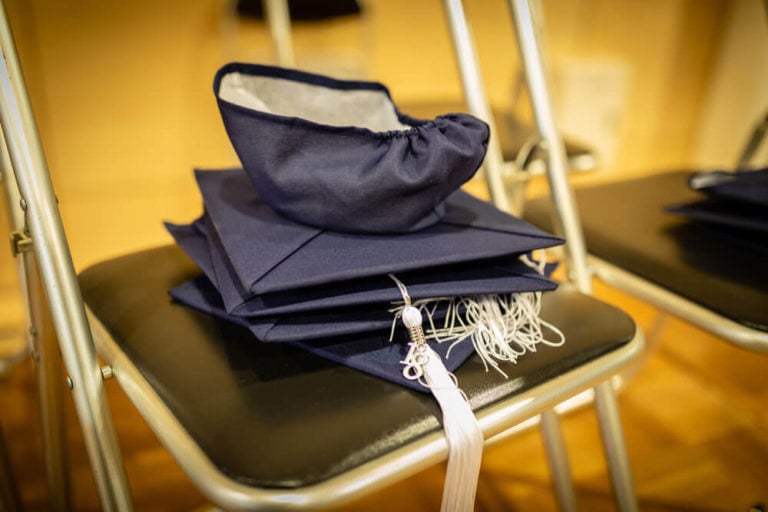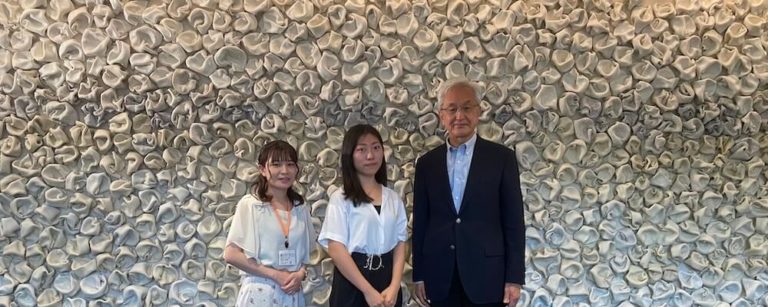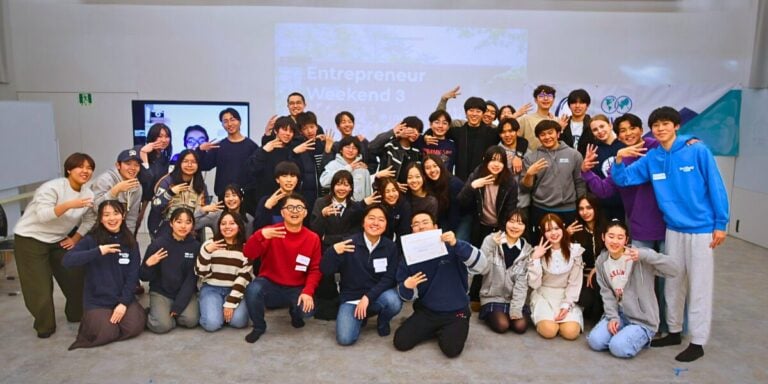During their Grade 10 year, students Arunabh, Linnel, and Aimi from the Class of 2026 organized a blood donation drive as part of their high school Leadership project to address the shortage of blood donations in Japan. They not only coordinated the event but also raised awareness in the community about the critical need for blood donations. Looking ahead, they plan to continue what they have dubbed Project RED as their CAS (Creativity, Activity, Service) Project in the International Baccalaureate (IB) Diploma Programme in Grade 11. Their story of overcoming challenges and achieving success is an excellent example of the project phases our Grade 10 Leadership curriculum walks students through: Inquire, Validate, Plan and Build, and Evaluate. Let’s take a look at their journey through the Project Life Cycle.
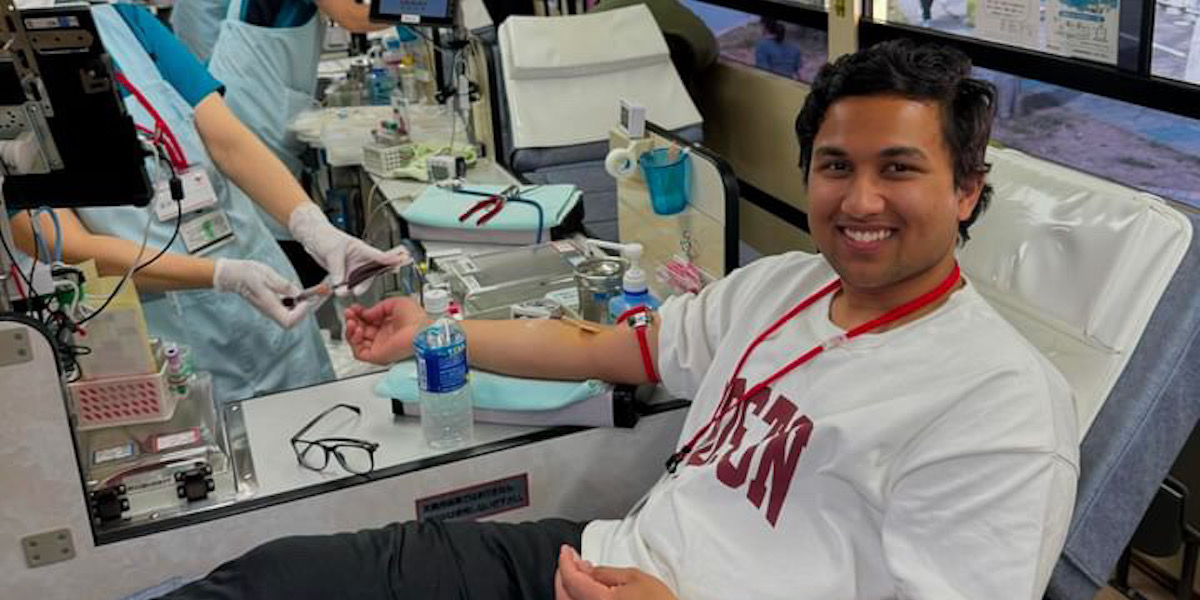
Inquire: Finding an Issue to Tackle
Before starting any high school Leadership project, Grade 10 students at UWC ISAK first identify their interests, strengths, areas for growth, and community needs. For Arunabh, Linnel, and Aimi, this process took time as they searched for a common interest and community need to address. Aimi’s Grade 10 Leadership project initially focused on providing first aid training and AED equipment in Cambodia, which she started doing with success during Fall Project Week. Unable to return to Cambodia during the Spring Project Week, she was open to taking on an additional health-related project. Arunabh, on the other hand, had long been interested in blood donation, inspired by the strong donation culture in his home country, Bangladesh. His first project, however, involved using AI-powered image recognition for trash sorting.
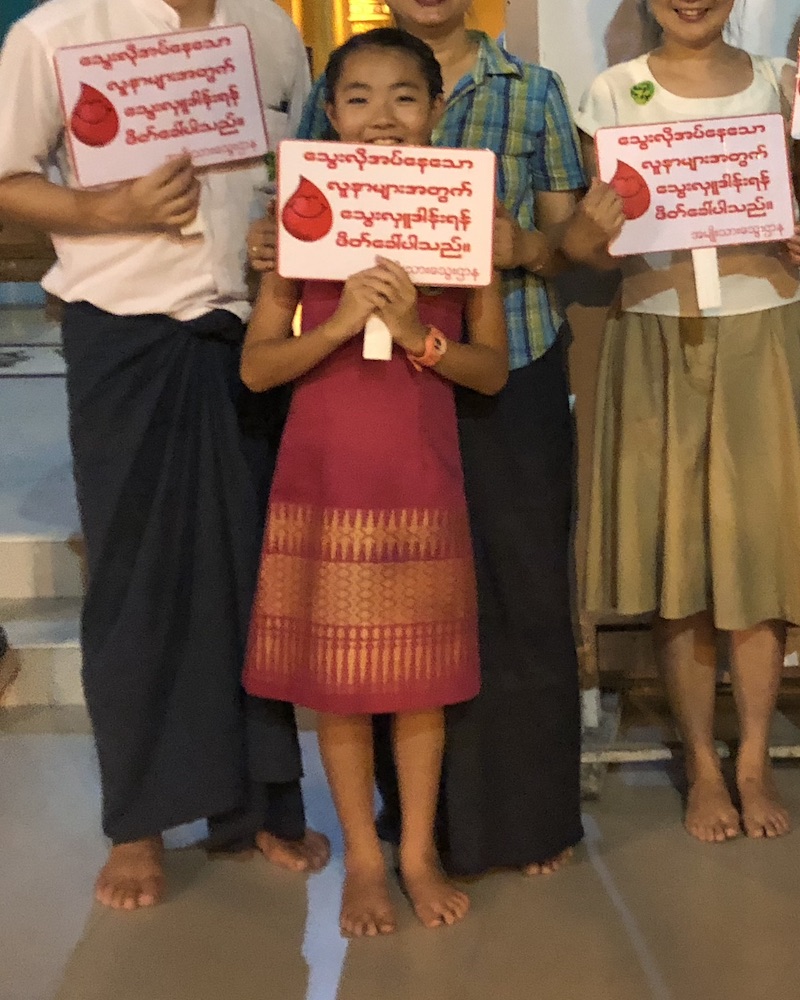
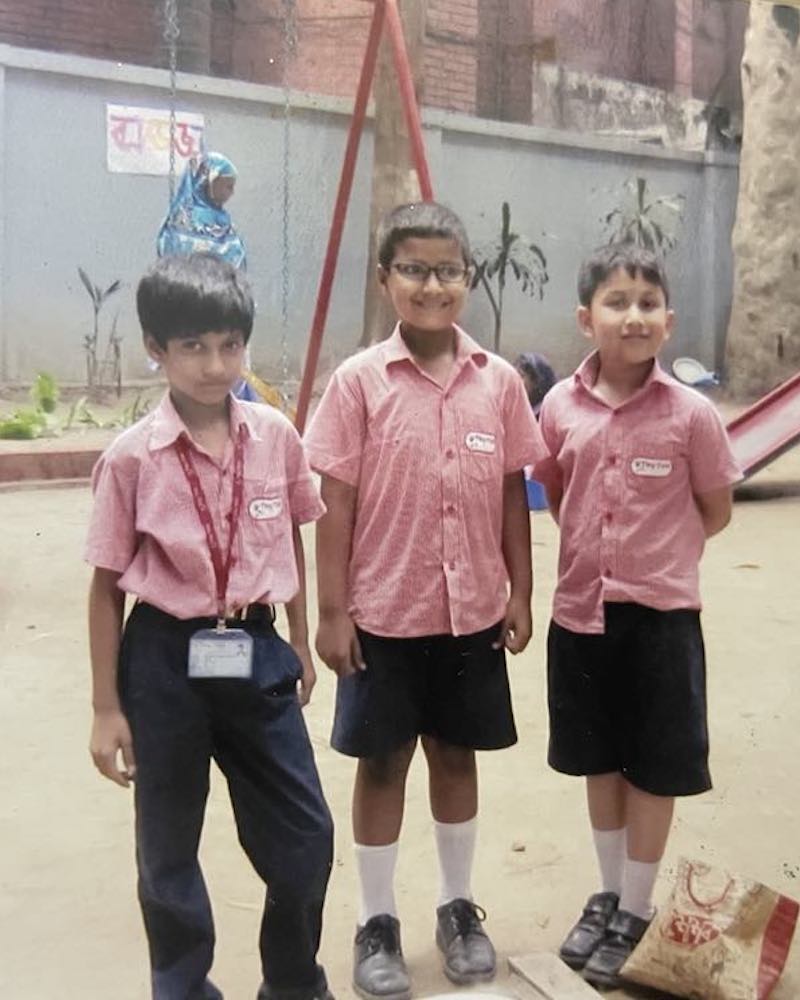
While searching for an internship, Arunabh came across calls for blood donations on the Japan Red Cross Society website. Learning about the blood donation shortage in Japan, he felt compelled to take action. Remembering that Aimi had successfully organized a blood donation drive in Cambodia during Grade 9, he reached out to her. Linnel joined the team after hearing about the project in their Leadership class. She was motivated by her experience of witnessing her mother run a successful blood donation campaign in Swaziland, which attracted over 100 donors to address a similar shortage.
Together, Arunabh, Linnel, and Aimi launched Project Red, uniting their diverse experiences and shared commitment to making a positive impact through leadership during high school.
Validate: Verify that you are Working on the Right Problem
Arunabh was shocked to learn about Japan’s urgent need for blood donations, particularly in the Nagano region. With an aging population, the number of young donors is decreasing. He was also surprised to discover that the starting age for blood donation in Japan is relatively young—people can donate from 16, compared to around 18 in Bangladesh. Recognizing that UWC ISAK brings together about 200 young people, he saw a fantastic opportunity to address the blood donation shortage.
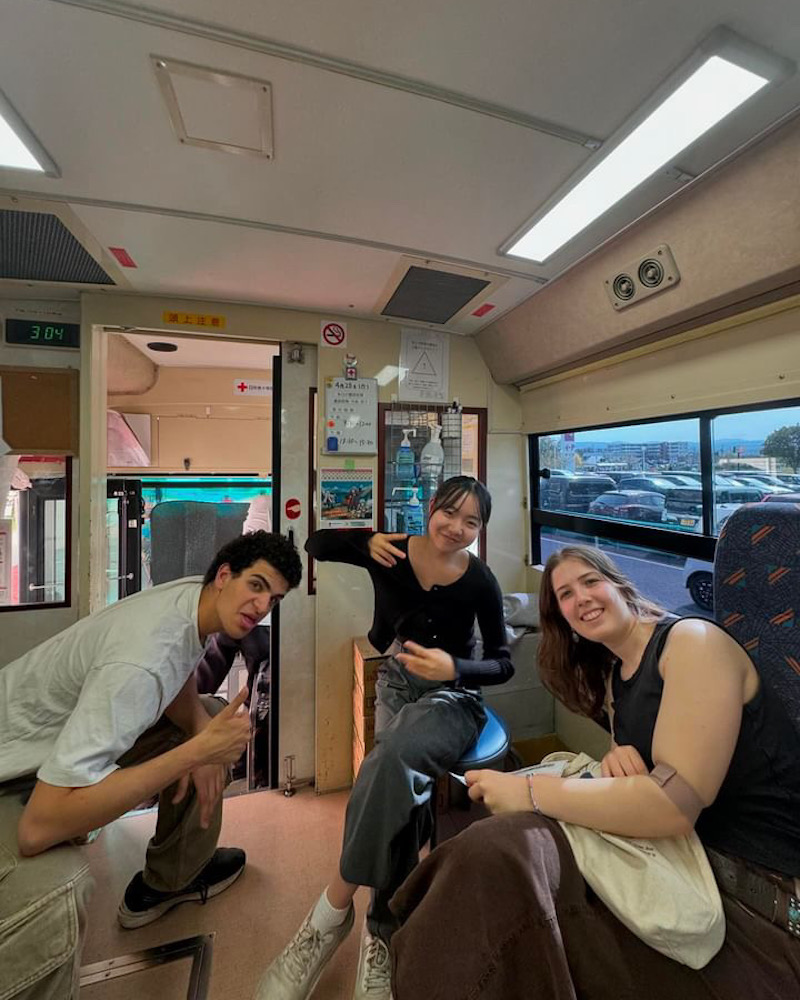
Plan and Build: Plan, Build, Test, Reflect, Plan, Build…
“This project took us on quite a journey,” Linnel explains. The team faced numerous obstacles. First, Japan-specific restrictions on visited places significantly reduced the number of eligible donors. The blood donation bus couldn’t come to campus to avoid endangering donors. At the last minute, Aimi, Arunabh, and Linnel had to find a local blood drive date and adults available to drive them. They scheduled it for May 3, during Golden Week, when many Japanese staff were on holiday, just two weeks before the IB exams.
Additionally, some donors failed the final blood test. Consequently, out of 36 interested people, only five could donate. “But instead of giving up, we kept each other motivated,” recalls Linnel. They also learned valuable lessons for future blood drives. The blood drive bus can visit the campus in the fall, and the project team aims to involve more local schools.
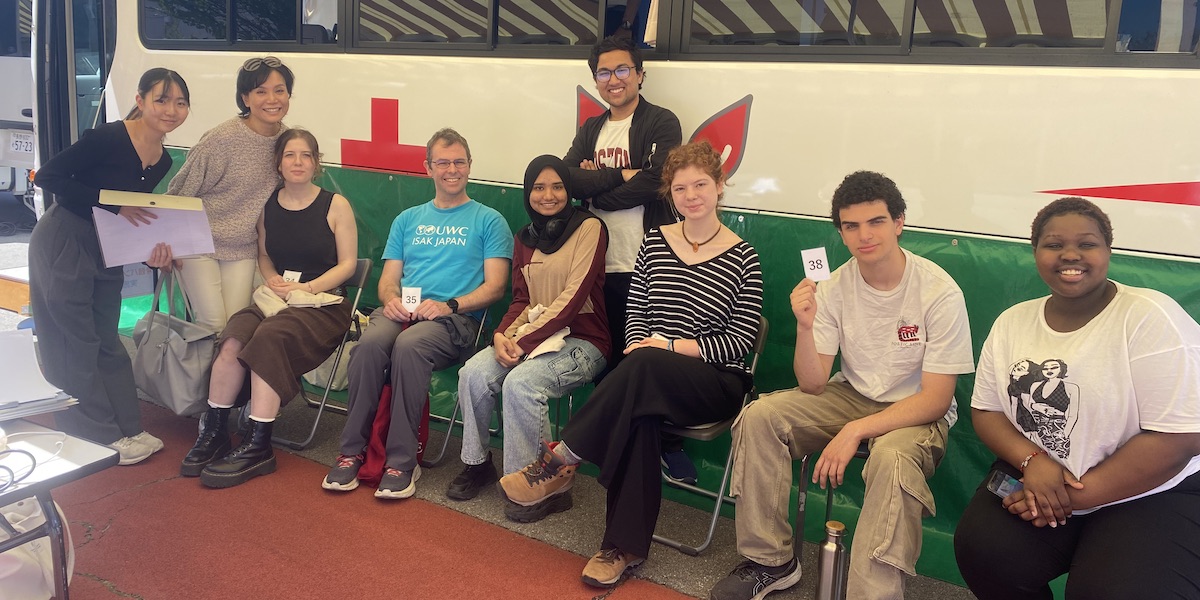
Evaluate: Aim for Impact
The Project Red team didn’t achieve their expected results in terms of actual blood donations, with only about 10% of interested individuals being able to donate. However, they successfully raised awareness on campus about the critical issue of blood donation shortages. Aimi was particularly impressed by the high number of volunteers at UWC ISAK. Additionally, the team organized a Caf Talk about blood donations, which attracted a significant audience. Reflecting on their experience, Aimi, Arunabh, and Linnel remain optimistic, learning from both their successes and failures. As Linnel says, “We see failure as our first attempt to learn instead of failure.” Aimi adds, “If you at least try, something will end up happening in the end.”
Working on this project for their Leadership class confirmed Aimi and Arunabh’s desire to pursue medical careers after graduating high school. “We saw passionate volunteers at the Red Cross Japan,” Arunabh recalls. “Doing research for this project was fascinating.” Aimi, who grew up in Southeast Asia, cannot forget the health issues she witnessed there, such as when a friend of a friend died in Cambodia because an ambulance didn’t arrive in time. Linnel aspires to help others through mental health support or humanitarian work.
We are excited to see how this project evolves and look forward to the positive changes Aimi, Arunabh, and Linnel will bring to the world.
